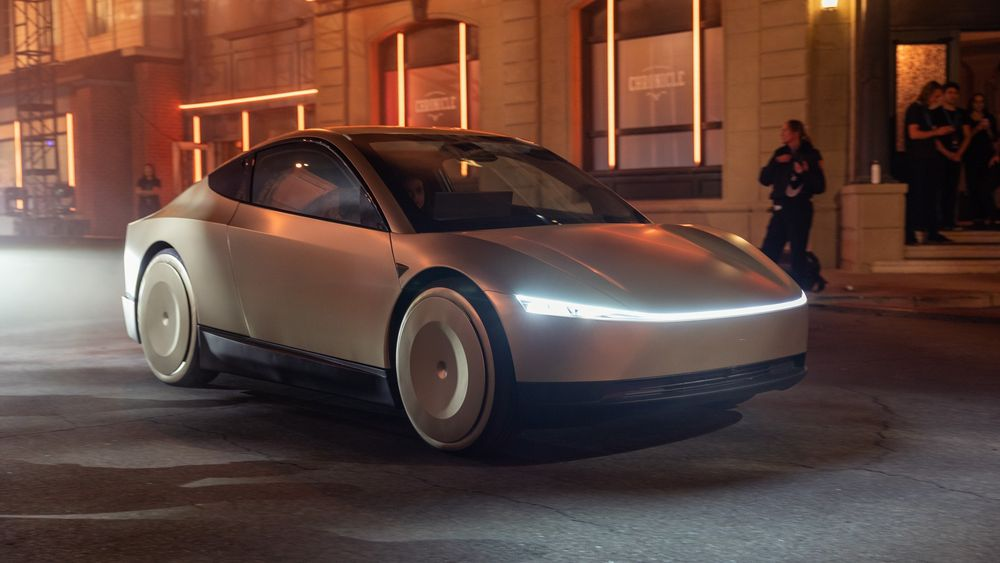In 2023, the automotive landscape is rapidly evolving, with electric vehicles (EVs) gaining unprecedented momentum. According to Bloomberg Green, EV sales are expected to surpass 14 million units globally this year, marking a significant shift from traditional gasoline-powered vehicles. As consumers weigh the pros and cons of EVs, hybrids, and gas cars, understanding the latest trends in cost, range, and sustainability becomes crucial. This article will guide you through these factors, providing insights to help you make an informed decision on your next vehicle purchase.
Cost Comparison: EVs, Hybrids, and Gas Cars
When considering the cost of a vehicle, it’s essential to look beyond the sticker price. Total cost of ownership includes fuel, maintenance, and resale value.
1. Electric Vehicles (EVs)
- Upfront Costs: EVs tend to have a higher initial purchase price due to advanced battery technology. However, prices are dropping. According to Reuters Mobility, the average cost of a new EV is projected to fall below $30,000 by 2025.
- Operational Savings: EVs offer significant savings on fuel and maintenance. Electricity as a fuel source is cheaper than gasoline, and EVs have fewer moving parts, reducing maintenance costs.
- Incentives: Governments worldwide are offering incentives for EV purchases. For instance, the U.S. offers a federal tax credit of up to $7,500.
2. Hybrids
- Initial Price: Hybrids are generally priced between traditional gas cars and EVs. They offer a balance of cost with the benefit of improved fuel efficiency.
- Fuel Efficiency: Hybrids, such as the Toyota Prius, boast impressive fuel economy, often exceeding 50 miles per gallon.
- Maintenance: While hybrids have more components than EVs, they still require less maintenance than gas cars, thanks to their regenerative braking systems.
3. Gasoline Cars
- Purchase Price: Gas cars usually have the lowest upfront cost, making them attractive for budget-conscious buyers.
- Fuel Costs: Rising fuel prices, as reported by InsideEVs, have made gas cars more expensive to operate. The average cost of gasoline in the U.S. has increased by 20% over the past year.
- Depreciation: Gas cars often depreciate faster due to the growing popularity of EVs and hybrids.
Range and Performance: What to Expect
The range is a critical factor for many consumers, especially those considering long-distance travel.
1. Electric Vehicles (EVs)
- Range: Modern EVs like the Tesla Model S offer ranges over 400 miles on a single charge. The development of more efficient batteries, as highlighted by MIT Technology Review, continues to extend EV range.
- Performance: EVs deliver instant torque, providing quick acceleration. Models like the Lucid Air can accelerate from 0 to 60 mph in under 2.5 seconds.
2. Hybrids
- Range: Hybrids combine electric and gasoline power, offering an extended range compared to most EVs. They are ideal for those who frequently drive long distances.
- Performance: While not as fast as EVs, hybrids provide a smooth and efficient driving experience, benefiting from both power sources.
3. Gasoline Cars
- Range: Gas cars typically offer a range of 300-400 miles per tank, depending on the model and driving conditions.
- Performance: Gas cars vary in performance. Sports models like the Ford Mustang continue to appeal to those seeking traditional driving excitement.
Sustainability: The Environmental Impact
Sustainability is at the forefront of today’s vehicle choices, with consumers increasingly prioritizing eco-friendly options.
1. Electric Vehicles (EVs)
- Emissions: EVs produce zero tailpipe emissions, significantly reducing their environmental impact. As per CleanTechnica, the carbon footprint of EVs continues to decrease as renewable energy sources power more charging stations.
- Battery Recycling: Efforts to recycle EV batteries are gaining traction, with companies like Tesla and Rivian leading the charge in sustainable practices.
2. Hybrids
- Emissions: Hybrids emit fewer pollutants than gas cars, thanks to their electric motor assistance. They present a greener option for those not ready to commit to a full EV.
- Life Cycle Impact: While hybrids are more sustainable than gas cars, they still rely on fossil fuels, albeit in smaller quantities.
3. Gasoline Cars
- Emissions: Gas cars are the least sustainable option, contributing significantly to greenhouse gas emissions. The International Energy Agency states that transportation accounts for 24% of global CO2 emissions.
- Fossil Fuel Dependency: Gas cars heavily depend on oil, a finite resource, exacerbating environmental concerns.
Practical Tips for Prospective Buyers
Whether you’re leaning towards an EV, hybrid, or gas car, consider these tips:
- Research Incentives: Check for available federal and state incentives for EV and hybrid purchases.
- Assess Your Driving Habits: Choose a vehicle that matches your driving needs, considering range, fuel efficiency, and performance.
- Consider Charging Infrastructure: For EV buyers, ensure access to home charging solutions and public charging networks.
Conclusion
As we navigate the automotive revolution, understanding the nuances of EVs, hybrids, and gas cars in terms of cost, range, and sustainability is crucial. Electric vehicles emerge as a compelling choice, offering long-term savings, impressive performance, and environmental benefits. However, hybrids provide a transitional option for those not yet ready to fully embrace electric mobility. Gas cars, while still prevalent, face challenges with rising costs and environmental impacts.
What will your next move be in the automotive world? Share your thoughts with us and stay tuned for the latest trends driving the future of transportation. With advancements in technology and a growing focus on sustainability, the road ahead promises exciting developments.

